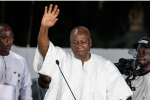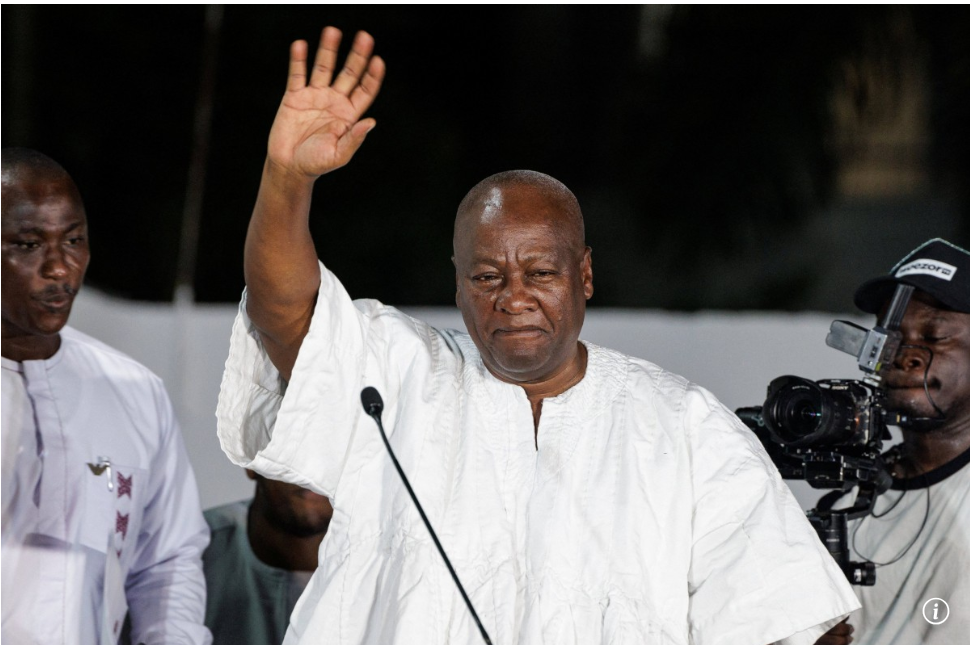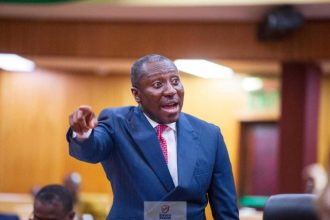President John Dramani Mahama has officially announced that he will not contest in Ghana’s 2028 general elections. The declaration, made during a state visit to Singapore in August 2025, marks a pivotal moment in Ghana’s political landscape and signals a shift in leadership dynamics within the National Democratic Congress (NDC). Mahama’s decision comes after months of speculation and internal party discussions about the future of the NDC and its presidential prospects.
In his statement, Mahama emphasized his commitment to Ghana’s constitutional framework, which limits presidents to two terms. He noted that stepping aside would allow him to govern with greater fiscal discipline, free from the pressures of re-election campaigns. “I will not be a candidate in the next elections and therefore I can hold the line when it comes to fiscal discipline,” he said, underscoring his intent to prioritize national interest over political ambition.
This announcement is expected to reshape the political strategies of both the NDC and its opponents. With Mahama out of the race, attention will turn to emerging figures within the party who may step forward to lead the next campaign. Analysts suggest that Mahama’s exit could open the door for a generational shift in leadership, potentially bringing new voices and perspectives to the forefront of Ghanaian politics.
Mahama’s decision also carries economic implications. Election years in Ghana have historically been associated with increased government spending and fiscal slippages. By removing himself from the 2028 contest, Mahama aims to break that cycle and maintain economic stability during his final term. His stance may serve as a precedent for future leaders, reinforcing the importance of governance over electoral gain.
As Ghana prepares for the next chapter in its democratic journey, Mahama’s announcement invites reflection on leadership, legacy, and the evolving role of public service. His choice to step aside is not only a personal decision but a strategic move that could influence political culture and governance standards for years to come.










